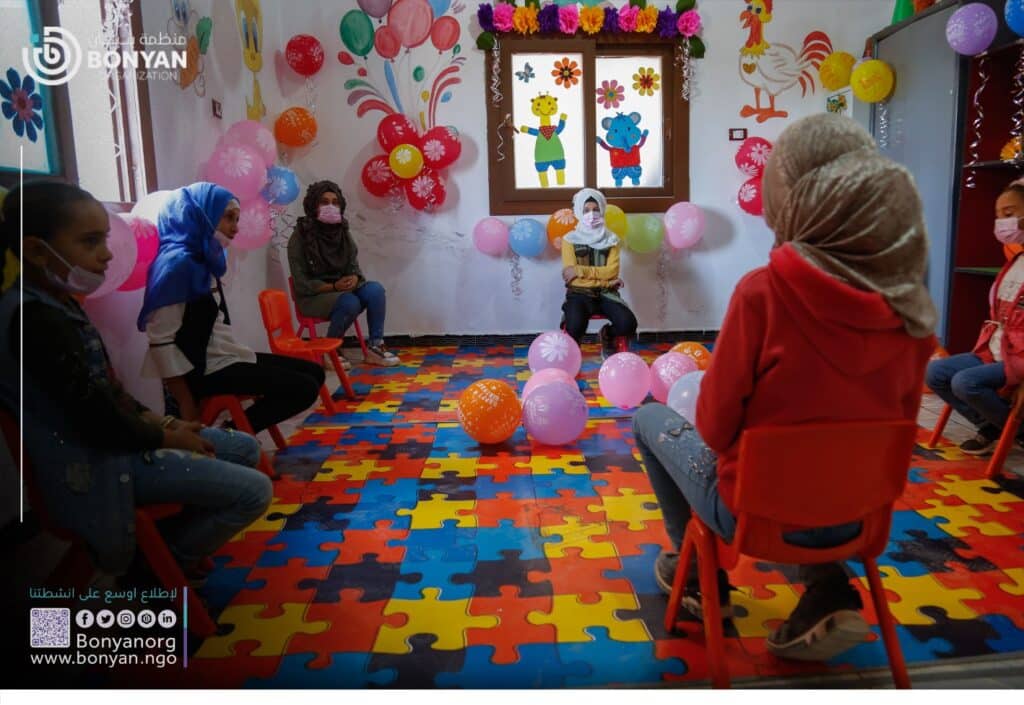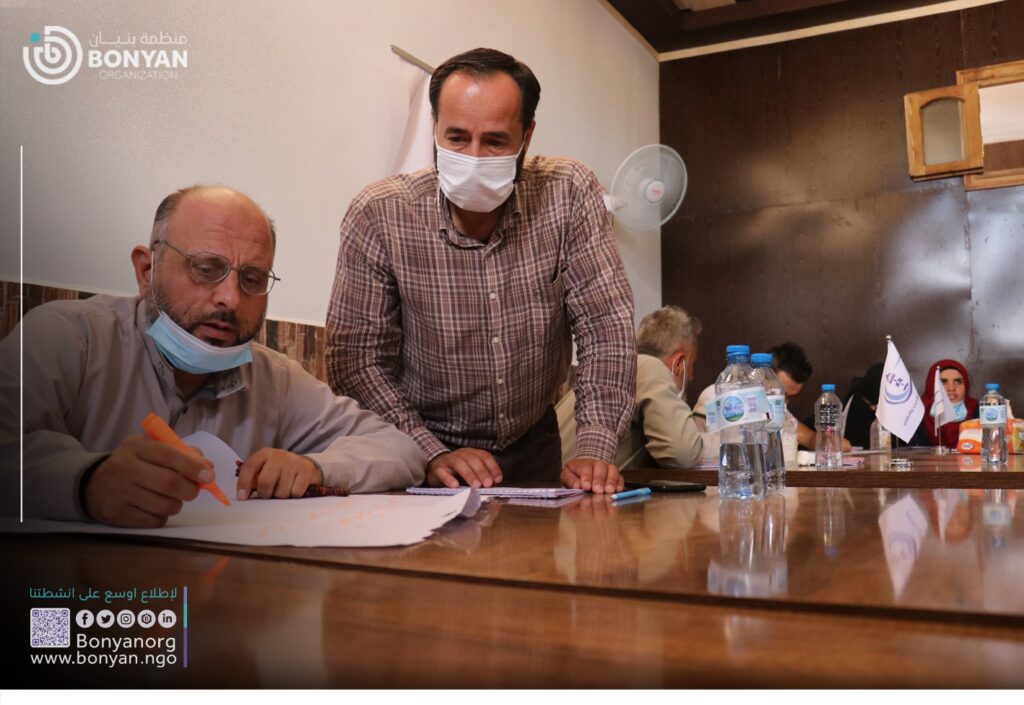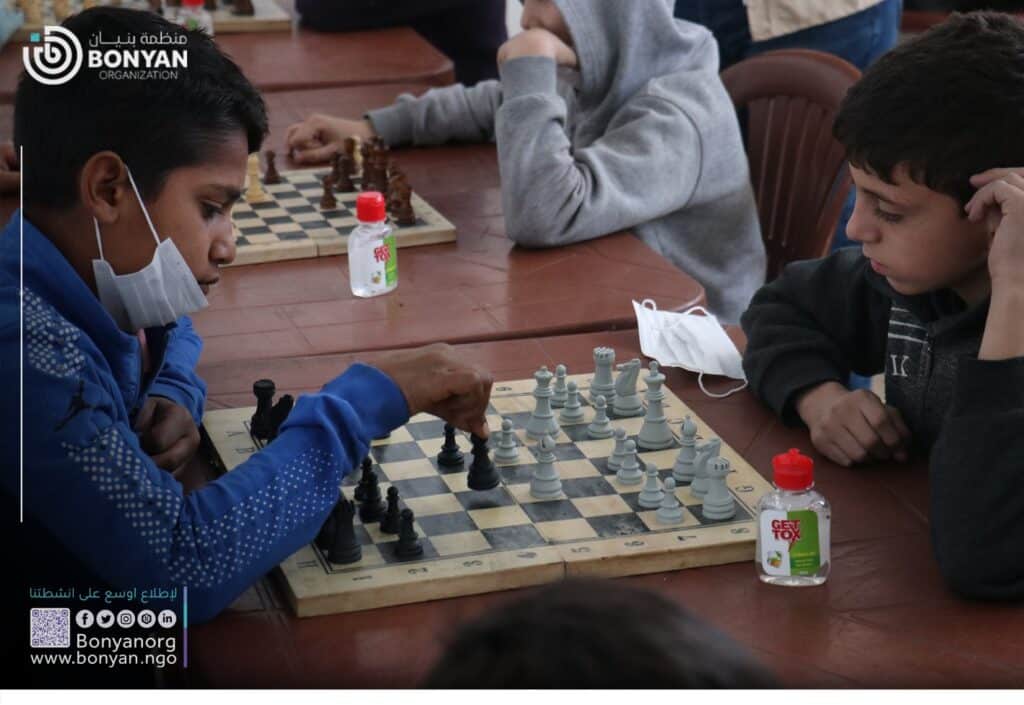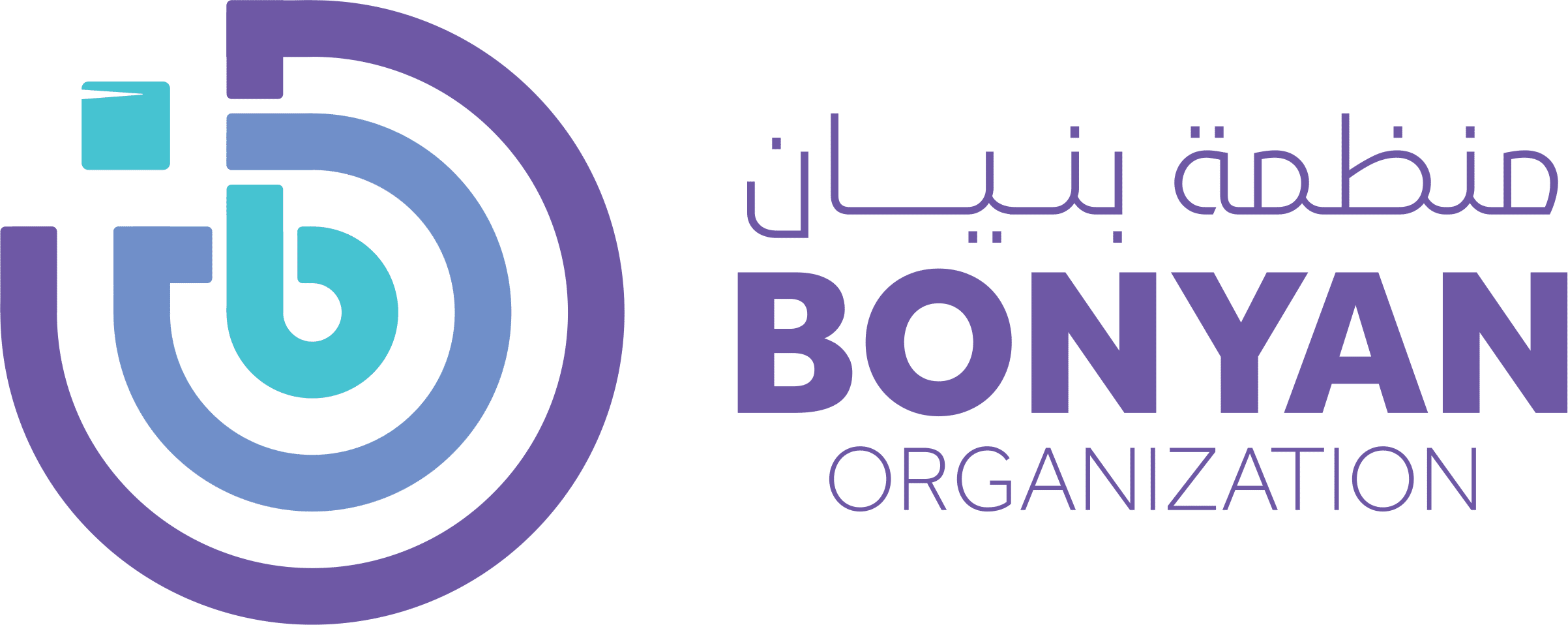Local Inclusion of Migrants and Refugees
Local authorities are increasingly being charged with managing the economic and social inclusion of migrants and refugees amid ongoing mobility and displacement. Local governments create the physical and social environment where immigrants and refugees interact with locals, get services, and have the opportunity to participate in host economies and societies, whether they live in cities, governorates, or small villages.
Local government action to welcome, protect and include migrant and displaced children and youth
Tens of millions of children are in motion worldwide; 28 million have been forced from their homes by conflict and insecurity, and millions more are migrating in search of a better life.

Children and youth are migrating to cities and other urban regions on their own or with their families, both regionally and abroad.
As a result, urban areas are where the most vulnerable children and youth are most frequently found. Migrant, refugee and internally displaced children continue to be among the most marginalized groups of children.
In their areas of influence, local governments are uniquely positioned to defend the rights of migrant and displaced children. As the first receivers, they are frequently in charge of addressing the immediate needs of children and their families, including ensuring that they have access to shelter, food, nutrition, education, and medical care.
Social and Cultural Enrichment
Social and cultural enrichment are activities that enrich one’s view of cultural differences with an eye toward replacing bad ideas about others’ cultures with well-informed ones.
Support for Self-Expression and Cultural Activities
To approve the right cultural enrichment, self-expression is the first step you must apply to the people coming into your society.
Cultural activities enriching and mixing refugees with the host society is the best way to help them have a better and easier life.
Multiculturalism in Host Societies
A society or a multicultural world is one in which there are many different ethnic and cultural groups. Political philosophers aim to fairly address the difficulties presented by multiculturalism.
Given the significance different cultures place on certain people or even society as a whole, multiculturalism may entail giving rights (individual or collective).

Therefore, a multicultural state might be one in which various degrees of recognition are accorded to cultural groups to assure the beneficial benefits of cultural participation and prevent unfairly favoring dominant groups.
Human Capital Investment
Investment in the human capital of refugees is an opportunity. Given that they arrive at a time when many of the positions they would fill are severely understaffed, many economists contend that these refugees provide an opportunity for several European countries. The appropriate policies can match some of these refugees to this employment, for instance, in the personal assistance, hotel, and food industries, turning the short-term expense into a return for the receiving economy.
Employment and School Enrollment of Working-Age Children
Some children work for little pay and long hours to contribute to the family income and are in dangerous situations.
Working prevents children from going to school, spending time with peers, and having opportunities for play and leisure.
Refugee children are falling into some of the worst forms of child labor – in seasonal agriculture, small-medium enterprises (textile or shoe workshops or auto-mechanics), and working on the streets.

Sharing Economy
Host countries should include all refugees in the country’s economy because refugees can be laborers in the host country and can give a hand by increasing the country’s economy.
In many countries, refugees are a part of the country’s economy; Host countries must invest the skills of the refugees in supporting their local economy.
Effective Impact of Social Mixing Activity
The social mixing for refugees is important to make refugees’ situation better in the host country. When the economy and social life goes better, the main life for all country’s people becomes easier.



